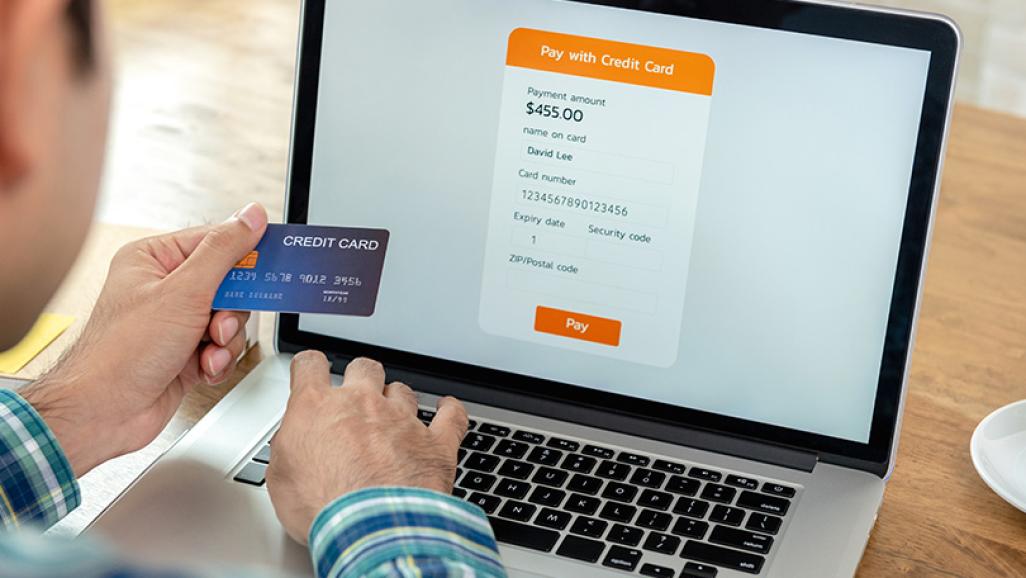Posted On 20 Aug 2020
Virtually every business nowadays would be dead in the water without e-commerce, but equally your business will be absolutely nowhere if customers don’t feel that their data and especially their payments are secure. Below we list six ways in which you can ensure the safety and security of your customers and their data.
Use HTTPS: once upon a time HTTPS was only used for sections of a website where payments were made. However, it is now regarded as desirable for all sections of a website; the little padlock symbol next to a URL is a guarantee that all visitor data will be kept secure. Additionally, SSL certificates are now essential for keeping data safe as it is passed between your website and the customer.
Use CVV and AVS: the CVV (Card Verification Value) number on the back of a credit or debit card adds considerable extra security to any transaction, because it means that nobody who does not have physical possession of a card (i.e., anyone who has simply obtained the card number) can use it. Additionally, the AVS (Address Verification System) adds another layer of security to all transactions.
Back up your data: Install software that will automatically back up your e-commerce database, so that any malicious attack, malware, viruses, or damage to your hardware will not result in catastrophic data loss and eventually business failure.
Use multilayer security: Install firewalls and content delivery networks to put up barriers to any malicious actors trying to obtain your information.
Undertake transaction monitoring: use readily available software to monitor the legitimacy of transactions and to flag up anything suspicious, e.g., goods ordered to a different address than the billing address.
Don’t keep information stored: You don’t have to keep hold of credit card information and customer names on your servers in order to facilitate quick transactions (indeed doing so violates the PCI standards). Use a payment gateway like PayPal, Authorise.net, Stripe, Skrill or WePay and you won’t have to store any information, thereby avoiding additional liabilities for any customer data losses.









